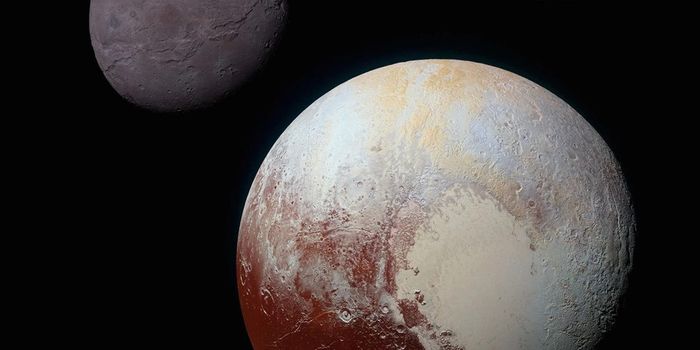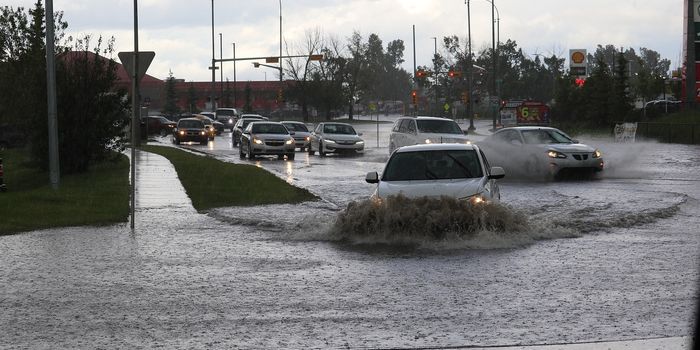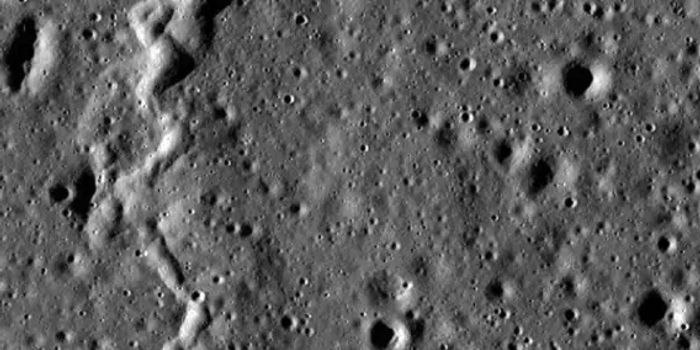Will the oceans start to emit CFCs?
New research pinpoints when we can expect the ocean to turn from a CFC sink into a CFC source. CFCs are ozone-depleting chemicals that were banned in 1987 in the Montreal Protocol due to their detrimental effect on the ozone layer, the layer of the atmosphere that protects Earth from harmful radiation from the sun. The Montreal Protocol stands out as a time when the world came together successfully to regulate environmental toxins in an effort to protect all beings that inhabit the planet.
The presence of the chemicals, which were common in refrigerators and insulating materials like air conditioners, has been greatly diminished since then, largely due to the elimination of their continued output into the atmosphere since the worldwide phaseout in 2010, but also in part due to the role that the oceans play in absorbing those chemicals that are already in the atmosphere. Estimates say that the oceans absorb 5-10% of all manufactured CFC-11 emissions, a specific type of CFC. This kind of CFC-11 is the focus of the new study, which was published by MIT researchers in the Proceedings of the National Academy of Sciences.
Using models to simulate the mixing within and between the ocean and atmosphere from 1930 to 2300, the researchers have predicted that by 2075, the oceans turn from a CFC sink to a source, emitting more CFC-11 back into the atmosphere than they absorb. They say by 2130, we will be able to detect that transition, and that climate change will likely speed up that shift by 10 years.
"For some time, human emissions were so large that what was going into the ocean was considered negligible," says study co-author Susan Solomon, the Lee and Geraldine Martin Professor of Environmental Studies in MIT's Department of Earth, Atmospheric and Planetary Sciences. "Now, as we try to get rid of human emissions, we find we can't completely ignore what the ocean is doing anymore."
"By the time you get to the first half of the 22nd century, you'll have enough of a flux coming out of the ocean that it might look like someone is cheating on the Montreal Protocol, but instead, it could just be what's coming out of the ocean. It's an interesting prediction and hopefully will help future researchers avoid getting confused about what's going on."

In reference to the impact that climate change will have on CFC emissions, lead author Peidong Wang explains: “Generally, a colder ocean will absorb more CFCs. When climate change warms the ocean, it becomes a weaker reservoir and will also outgas a little faster.” Soloman adds, “Even if there were no climate change, as CFCs decay in the atmosphere, eventually the ocean has too much relative to the atmosphere, and it will come back out. Climate change, we think, will make that happen even sooner. But the switch is not dependent on climate change."
The researchers plan to continue their modeling investigations with hopes of guiding future policies regarding CFC emissions.
Sources: PNAS, Science Daily








